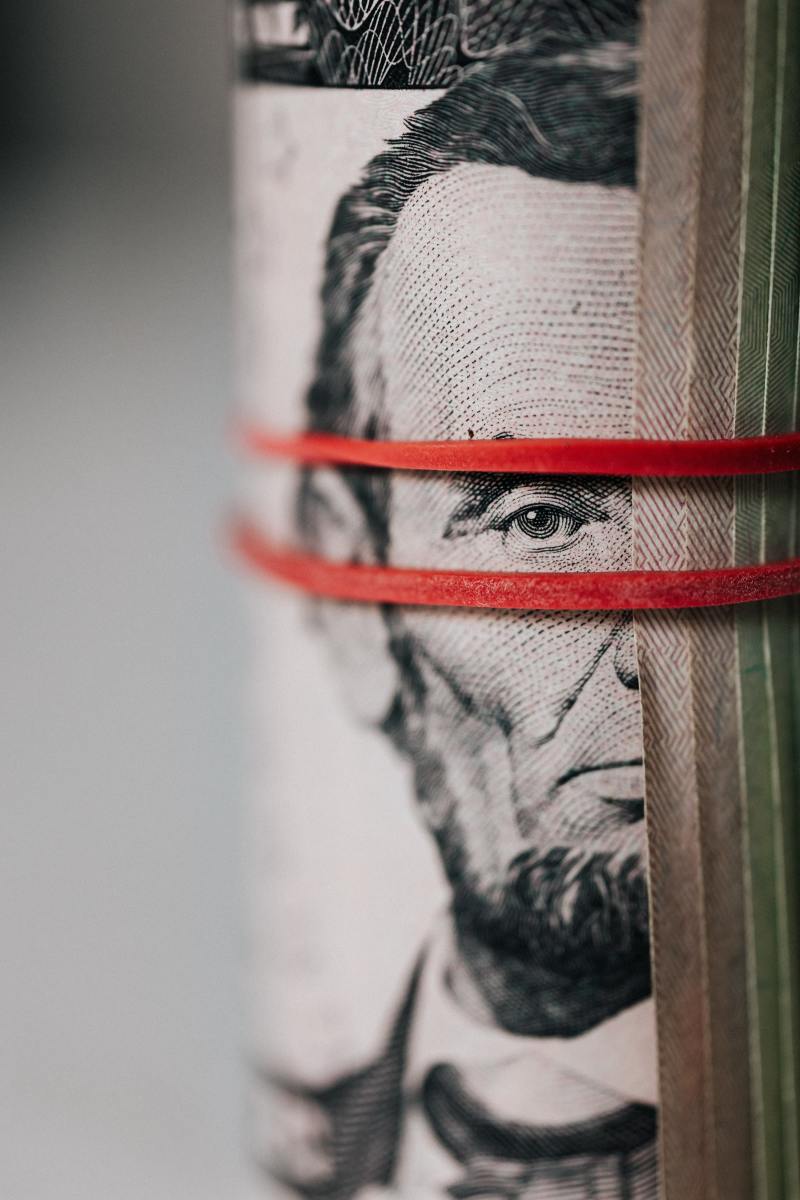Manage Your Finances, Create a Long-Term Plan

Save More, Spend Less
Not everyone in the working population is earning a substantial amount of money. Some of them even need to find and take on supplementary jobs to be able to meet the daily needs of their families. Entrepreneurs may look financially secured, but not all of them are doing great on their businesses or ventures. Some of them are also losing their finances and may even declare bankruptcy. These financial setbacks could be attributed to the lack of knowledge and implementation of money management and financial planning.
But do you know what the truth is? Modest revenues and impractically stupendous outlay normally limit our capacity to raise a deliberate fund or reserves that could save us from liquidation. Even if we strive to maximize our income, we are still in a shortage. So, what should we do? The most rudimentary way that I found to be effective is to create a feasible strategy that will lucratively work on our advantage and with the assurance of preserving the things we love most.
Personally, I take into consideration that long-term fiscal plan is the most empirical solution to free—or protect—ourselves from the distressing grasp of financial cataclysm. You may consider speculating the enormous augmentation a 10-year financial plan could make to your safety-deposit box. If that could mean financial freedom and stability, then you will not be stripping yourself of life’s joys and luxuries; instead, you will be utilizing them to remain afloat with your finances, dodge gross financial obligation and engage into productive investments.
Regrettably, building a long-term financial plan is not included in this article because I don’t have any idea of your current fiscal status. If you would like to consider creating one though, you must be prepared for the changes it could make in your everyday life. What I am sharing to you are few money-saving adjustments that will have long-term repercussions.
Cut Down On Home Expenditures
It is an indubitable fact that the home generally incurs a considerable margin in our disbursements. To cut down on household expenditures is to embrace changes with all its concomitant struggles. Well, we all know for a fact the cost of living is continuously spiraling, prices of basic commodities are also escalating and we can’t ignore that the family members also have growing necessities. What about your utility bills? Of course, they should always be on your list of monthly priorities. To ebb the surge of monthly payable, you need to start implementing essential regulations—learning the wise and practical use of resources like electricity, gas, water, and even food. Most importantly, medical expenditures could deplete your savings tremendously, so you have to ensure that the well-being of family members, including lifestyle, is given careful attention. Unexpected contrast in your finances will become apparent if you would apply those schemes. Moreover, encourage the whole family to try income-generating activities to support in the management of household expenditures and regularly save even a little from your meager revenues.
Take Control of Expensive Habits
Few adjustments in your lifestyle can’t kill you. Habits die hard, but slowly you will be able to cope with the quitting process—especially from the costly ones. Believe me, it would be difficult at the start but later on, simple living will make you realize there are more essential reasons why you need to save more. Sometimes, if not all the time, our habits aggravate our financial predicament. Not all of the things we get used to belong to what we needed to survive. To free ourselves from these unnecessary habits is to deliver ourselves from the bondage of improvidence and financial pressure. Thicken your savings by buying inexpensive clothes, loving home-cooked meals, shopping only when necessary, and enjoying family bonding than going to expensive bars and parties.
Be Wise in Spending of Financial Resource
When you earn more, the tendency is you will spend more, too. Only when you are in an emergency situation will you realize that as a big-spender you failed financially, because you have nothing to spend. When that happened, where else could you go but your savings. Spend your money wisely by creating a plan with serious consideration of your monetary objectives. Be wise. Don’t spend too much for your wants. Instead, focus on your needs. Consider value before purchasing things to avoid wasting your money.
Minimize Your Shopping Activity
Everybody loves shopping. Who doesn’t? For most of us, money is always associated with shopping because it’s part of our lifestyle, especially those who have money to spend. But if you would want to make favorable changes to your financial condition and save more money, slowly make some adjustments and pull back from this habit. Be practical. Being practical is really useful when you are shopping, because you will learn to go for the cheaper merchandise but of similar quality. Always take into account every cent that goes out of your coffer by keeping a ledger for easy reference and tracking of your expenses. You will see the progress you have made in your financial goal by keeping records.
Learn to Develop Self-Sufficiency
Use your skills and knowledge to uncover valuable resources and your initiative to find ways to augment your finances. Small business enterprises are currently common, so why not try investing in a small-scale business like a food cart, or go for online selling, become a supplier of various resources, and other related stuff that you can easily manage. Be flexible and efficient in boosting your finances. It would be a difficult start, but when you are confident about your plan, you will surely find it very rewarding.
We are in a time of financial struggle and working to earn is not easy. It is only fitting for us to value every penny we give away. Today, we must learn to be frugal and save more. Take time to study the basics of financial control and from there, you will surely find it easier to manage your own money. And in doing so, don’t forget about the things that make you really happy. When you consider this article and apply the insights herein, you will find yourself ten years from now on a comfortable bench by the beach, relaxing and reveling in the fruits of your decision to change your lifestyle, work hard, invest a little but profitably, and finally achieve your financial objective.








